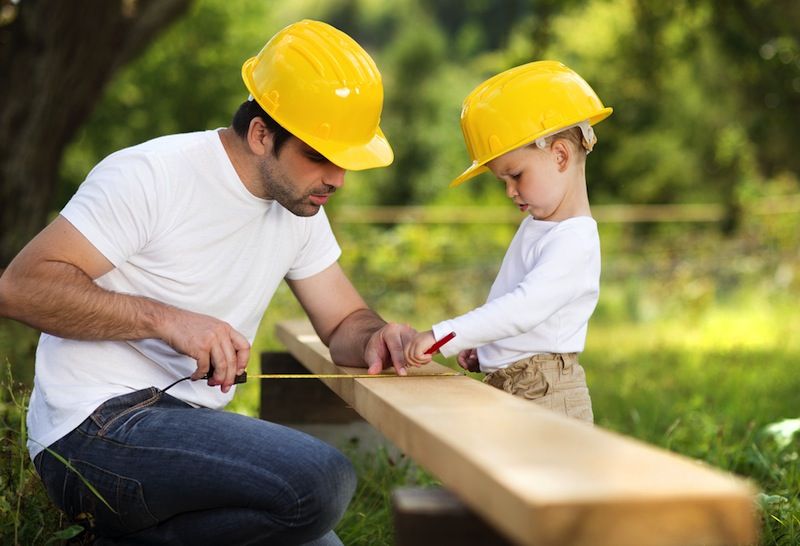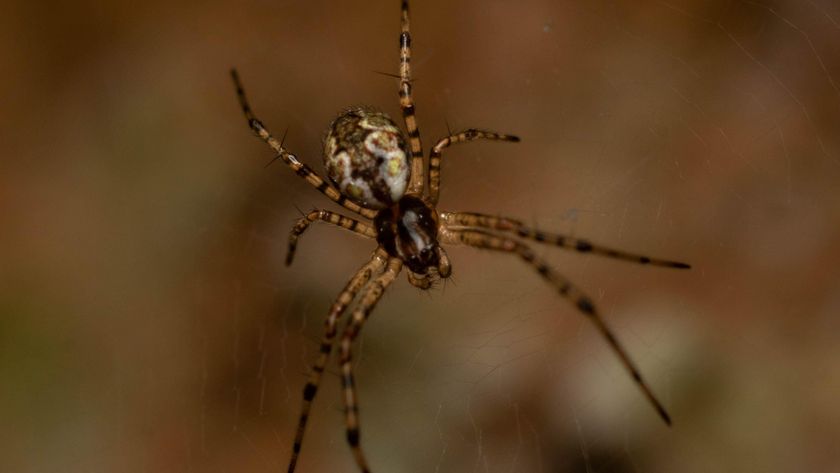The Trick to Getting Your Kids to Help Around the House

If you want your child to help pick up her toys, reinforcing her desire to be a good person may be more effective than giving her a direct order, a new study suggests.
In the study, researchers discovered that children were more apt to complete tasks if they were asked to "be a helper" than when they were asked to "help."
"In the experiments we conducted, we found that the use of the noun 'helper,' was significantly more effective than the verb 'help' in getting children to set aside what they were doing and help an adult complete tasks, such as picking crayons up off of the floor," said researcher Christopher J. Bryan, assistant professor of psychology at the University of California, San Diego. "Enlisting a child as a helper implies something positive about his or her identity. Children, as well as adults, want to identify with being a good person."
Researchers carried out two experiments with about 150 children, ages 3 to 6, from a variety of ethnic and racial backgrounds and from middle- to upper-middle-class homes. In both experiments, adults talked to the children about helping, referred to helping as either a verb ("You could help"), or as a noun ("You could be a helper").
In the first experiment, while children played with toys or drew pictures, an adult created opportunities for the youngsters to stop what they were doing and help clean up a mess, open a container and pick up crayons. Children who heard the noun ("helper") assisted the experimenter 29 percent more often than children who heard the verb ("help").
In fact, those who heard the request as a verb ended up helping at a rate similar to children in a control group, where "helping" was not mentioned at all. [10 Scientific Tips for Raising Happy Kids]
The second experiment was similar to the first, but showed that the effect is not limited to the children's interactions with the initial researcher who used the noun "helper." Children who were given the opportunity to "be a helper" assisted a new adult 22 percent more than those merely given the opportunity to "help."
Sign up for the Live Science daily newsletter now
Get the world’s most fascinating discoveries delivered straight to your inbox.
"This research suggests that preschool-aged children are already thinking on some level about the kind of person they are, and are taking on an active role in shaping that identity," Bryan said.
The study appears today (April 30) in the journal Child Development.
Bryan cautioned parents and teachers, however, about using nouns to encourage skill development as opposed to completing tasks.
"For example, telling your child that he or she is a good student might have negative consequences if your child should bring home a poor grade one day," he said. "It can cause them to evaluate themselves more negatively, and undermine their motivation to do well in the future."
Follow LiveScience @livescience, Facebook & Google+. Originally published on Live Science.











